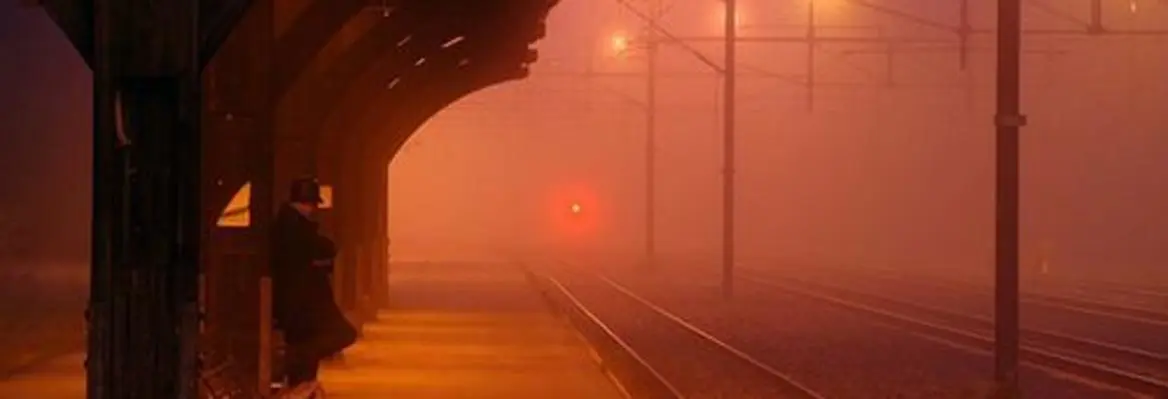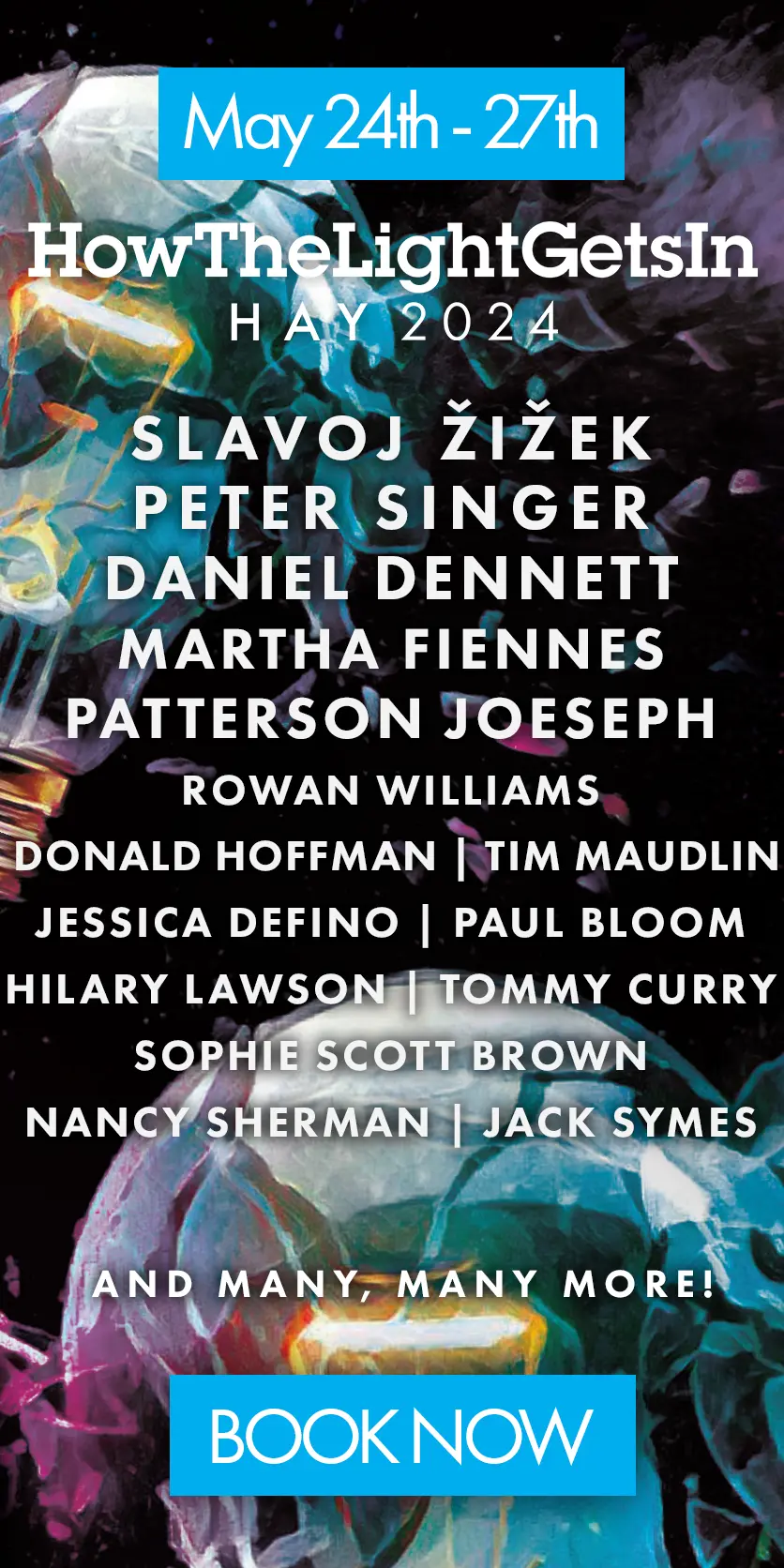Marcel Theroux is an award-winning novelist, screenwriter, broadcaster and the face of BBC4. He was born in Kampala, Uganda, where his father, travel writer and novelist Paul Theroux was teaching at Makerere University, and then spent two years in Singapore before coming to London. His most recent book, Strange Bodies, is published by Faber & Faber.
Do you think that the nomad is an occidental myth invented by Romantic philosophers?
I think we have to be a bit careful because people mean different things when they use the word "nomad”. It's come to mean something like "rootless wanderer", with connotations of freedom and rebellion and living outside society.
But to an anthropologist, or a historian, nomadism describes a particular way of life: the way of life of people who have no settled home. Historically, nomads moved around to follow migrating animals, or because they lived in areas where the soil was too poor to support settled agriculture.
In northern Siberia, for instance, the Even people were nomads right into the 20th century. They followed herds of migrating reindeer which provided them with their food supply and much of their clothing. It was a tough, cold, collective endeavour to stay alive up there on the edge of the Arctic circle. That's a real nomad.
What are the values motivating nomadic life?
Nomadic life – as lived by the Even, for example – isn't motivated by values. It's motivated by needs: food, shelter, physical security. There is, of course, a spiritual dimension to traditional nomadism. Generalising hugely, nomadism is connected to animism, the worship of spirits in nature and the principle of the interconnectedness of things.
It is often claimed that being a nomad is a consequence of post-modernism. Are nomadic practices transgressive – because they reject rules and authority – or, on the contrary, submissive to neoliberalism? Are stability and security anachronistic values?
I'm very sceptical that anyone is capable of living a truly nomadic, rootless life in 2014. Can you show me one? Where are they planning to get old and die? Where does their credit card bill get sent? Where do they turn for healthcare? Where are their kids going to go to school?
Is the aim of neoliberalism to require flexible individuals and impose its rule on our lives?
For some reason, your question reminds me of an advert that was on TV in the 1980s in which a rather smarmy young businessman got a call from his boss saying he had to be on a plane in an hour. In the ad, the young man takes one look at his American Express card and says, "I'm packed”.
Is that a kind of nomad? Someone who's got so much money that they no longer have to deal with the drudgery of washing underpants and buying toothpaste.
I believe that the dominant ideology of our times is Morestuffism, which is the belief that the good life is achieved by having more and better stuff. I think the ideology of Morestuffism is served very well by this fantasy yuppie nomad for whom money is no object and who can buy everything he needs.
On the other hand, a traditional nomad is basically a nuisance to the modern economy. They make everything they need. They don't buy stuff. We can't make any money out of them! Plus, the traditional land they insist on roaming around in probably holds valuable minerals (in the case of the Even), or gold (as with Native Americans).
Has the contemporary world made us nomads? Why should we be content with something we haven’t chosen?
I'm very suspicious of this idea that we're in any way nomads. It's a fantasy that's dangerous for two reasons. It suggests that we have no responsibility for the welfare of people around us. It also implies that there are no rights and obligations connecting us to a wider society and government.

















Join the conversation